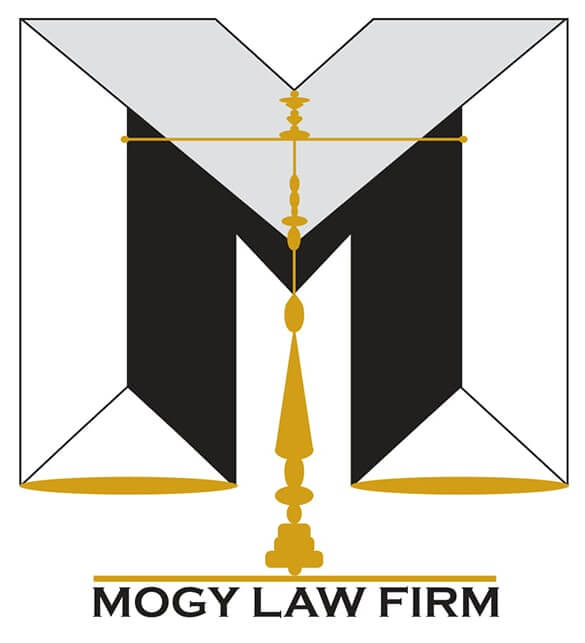In the blink of an eye, a car accident can send your life careening out of control. Your injuries might leave you unable to work and earn a living wage, and the expenses associated with your medical care and rehabilitation can be debilitating.
There’s an emotional toll in these wrecks, too, as many car accident victims end up suffering from post-traumatic stress disorder and other conditions that negatively impact their daily living.
As if all of that isn’t enough, you’ll also have property damage to consider. Losing your vehicle can disrupt your life in significant ways, including prohibiting you from attending work or school and traveling to visit and care for loved ones.
How can you deal with property damage after your wreck? Let’s take a closer look.
Steps in claiming property damage after a car accident
Although the facts of your case are unique, there are certain steps that you should take to position yourself to recover the compensation you need to offset your property damage. Here are some of those steps:
- Contact the right insurance company: Your first step in recovering property damage is to reach out to the at-fault driver’s insurance company to seek compensation. If the other driver doesn’t have insurance, then you’ll want to look at your own policy to see if you have an uninsured motorist provision that can help cover your losses. When you talk to these insurance companies, though, stick to the facts and refrain from making any statements that may indicate that you’re to blame for the accident.
- Prepare for an appraisal: Regardless of which insurance company will be covering your losses, they’ll want to conduct an appraisal to see how much it’ll cost to repair your vehicle. Make sure you ask for the insurance company to compensate you based on the cost of repairs or the retail price of your car if it’s totaled.
- Ask for a rental car: While you’re waiting for your insurance claim to play out, you should consider asking for a paid rental car. Although not entirely tied to your property damage, a rental car can help offset other expenses that you might face when your wreck leaves you without a vehicle.
- Consider legal action: If the at-fault driver and their insurance company dispute liability or are unwilling to pay you what you’re owed, then you’re going to have to take action in the form of a personal injury lawsuit if you want to recover compensation.
How a personal injury attorney can help you
As you navigate your property damage, you might find it helpful to have a personal injury attorney by your side. One of these legal professionals can help you gather evidence to support your insurance claim and negotiate resolution so that the insurance company doesn’t take advantage of you.
If you end up having to resort to legal action, then your attorney can assist in building the aggressive and persuasive claim you need to increase your chances of achieving a positive outcome. This includes gathering physical evidence, prepping witnesses, securing experts, and anticipating and countering defense arguments.
Are you ready to fight for what you deserve?
Pursuing the compensation that you deserve isn’t as easy as it should be. As a result, you’ll have to be proactive in taking the steps necessary to position yourself for success. By finding the support and advocacy that you need to protect your interests, you might be able to put up a successful fight to recover your losses and protect your future. That’s why now is the time to act to start building your case.

